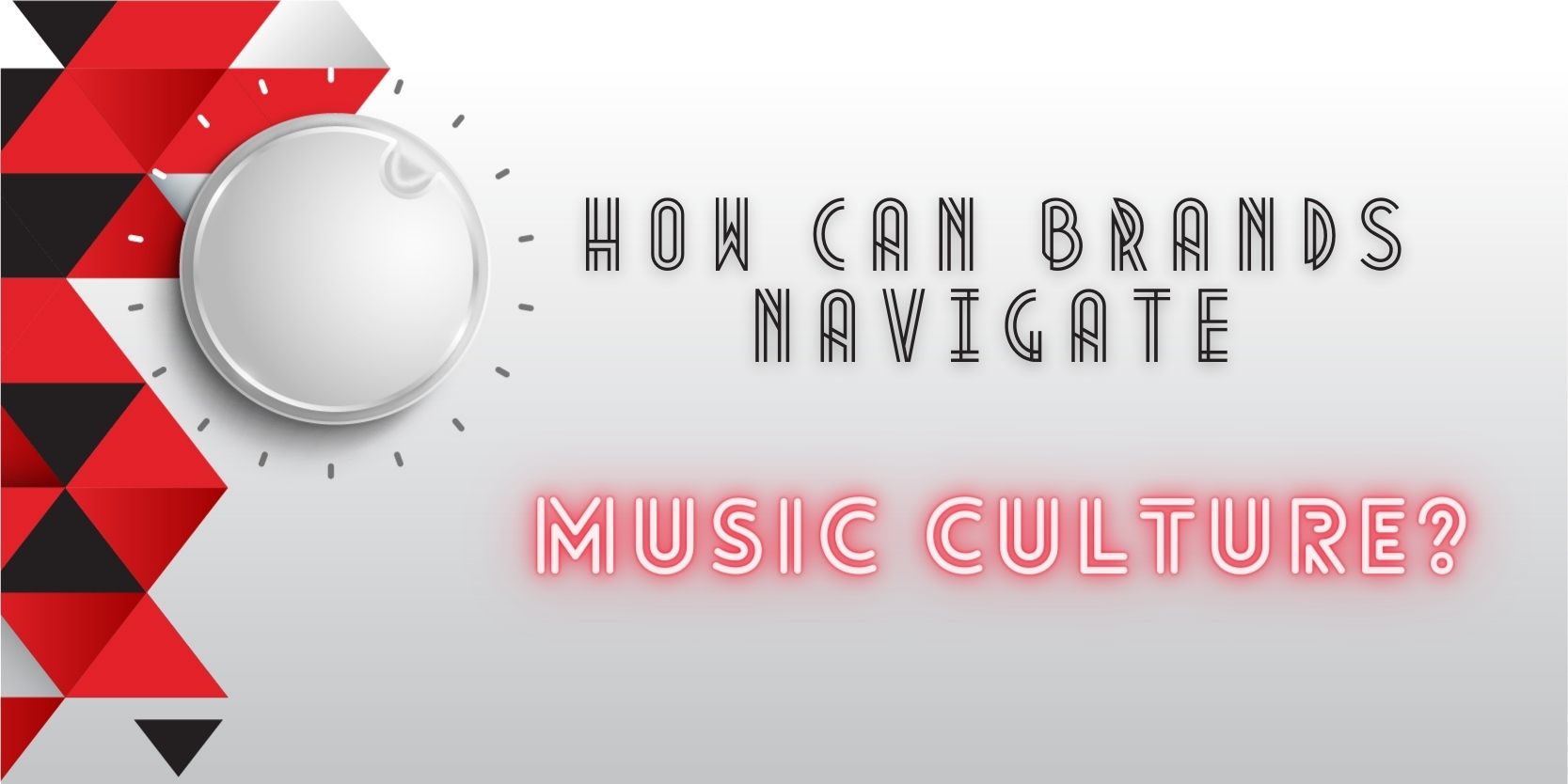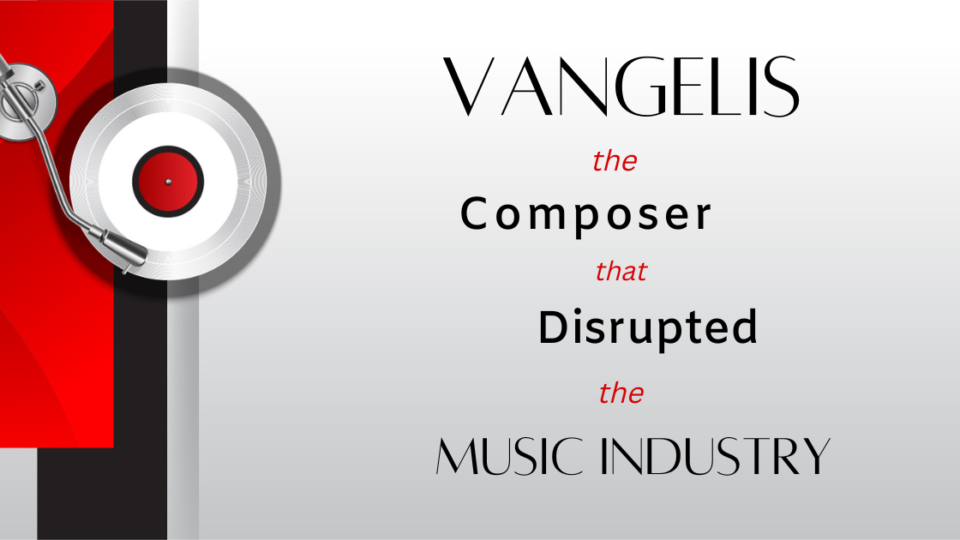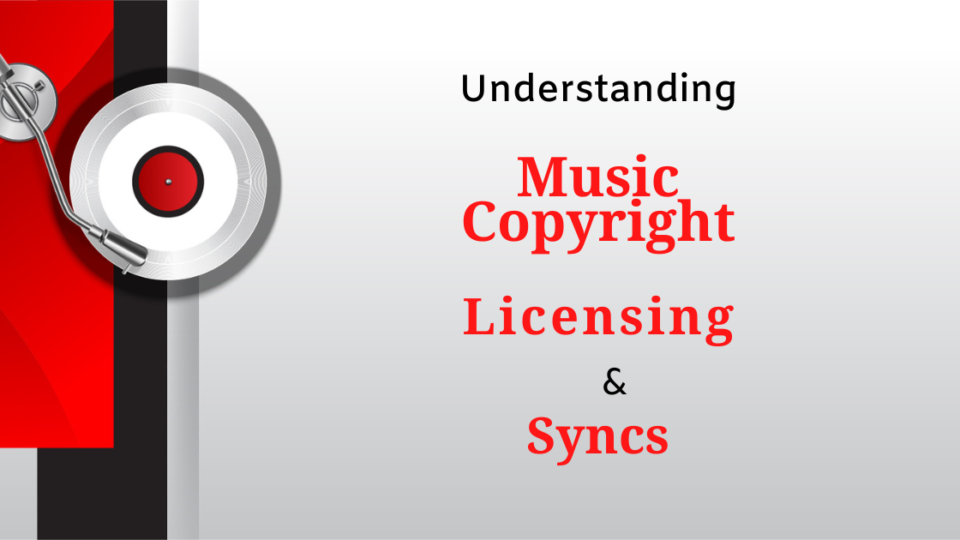Music has become an integral part of modern culture, and it’s no surprise that brands are eager to take advantage of the influence it can have.
As a business, navigating music culture successfully requires equal parts strategy, research and creativity.
With this guide, you’ll learn how to effectively engage with fans through the power of music while protecting your brand’s reputation.
The importance of understanding music culture cannot be overstated. Music is not just about entertainment; it also serves as a platform for expression and conversation on topics like politics, social issues and lifestyle choices.
To truly capitalize on its potential as a powerful marketing tool, businesses must first understand what drives today’s musical movements and trends to connect with their target audience.
From developing partnerships with influential artists to creating engaging content around music-related events and campaigns, there are several ways that brands can make the most of this culture. Here’s a step-by-step guide for how to navigate music culture successfully.
Step 1: Understand Your Audience
Understanding its audience is the first step for any brand to navigate music culture. Brands must be aware of the tastes and preferences of their target demographic to engage them effectively with music-related content and marketing campaigns.
Researching what kind of music your audience gravitates toward and the kind of artists they are engaged with will help you create content that resonates with them.
Step 2: Find The Right Music Partner
Finding the right music partner is critical for any brand looking to engage in music culture. A good partner can provide valuable insights and resources that otherwise wouldn’t be available.
Look for a partner who understands your brand’s goals and objectives and can help you reach your target audience in meaningful ways.
Speak to us, as we can help you find the right music for your project either an original music composition or one song from our music libraries.
Step 3: Develop An Engaging Content Strategy
Once you have identified your audience and found the right music partner, it’s time to develop an effective content strategy.
Consider how you can use music to tell your brand’s story and create content that resonates with your target demographic.
Use collaborations, endorsements, and social media campaigns to generate buzz around your brand and attract new fans.
Step 4: Create Experiences Through Music
Experiential marketing is an effective way for brands to engage with their audience on a deeper level. Develop engaging experiences through music by hosting listening sessions, partnering with festivals and events, or offering exclusive content such as interviews with famous artists.
Utilizing an existing fan base of music lovers and creating unique experiences will help you reach a new set of loyal followers.
Step 5: Monitor Your Progress
It’s essential to track the success of your music-related campaigns and content. Keep an eye out for trends in the industry, track user engagement with your content, and use analytics to measure the impact of your efforts.
This will help you identify areas that need improvement and what is working well so that you can adjust your strategy accordingly.
Step 6: Stay Relevant
The music industry is constantly changing, so brands must stay ahead of the curve to remain relevant. Research emerging trends and artists and use that knowledge to create innovative campaigns that stand out from the competition.
Keep an eye on both mainstream and indie acts to stay up-to-date with the latest developments in music culture.
Step 7: Have Fun
Navigating music culture doesn’t have to be a daunting task. Have fun with it! Engaging with music fans and creating exciting experiences through music can be an enriching experience for any brand.
Keep in mind that you are working with passionate music lovers, so make sure you treat them with respect and appreciation. Show your love for the artists and the genre, and they will show their love right back.
Step 8: Keep Your Goals In Mind
It’s important to remember that any efforts you make toward navigating music culture should be made with your brand’s goals and objectives in mind.
While it is essential to have fun, make sure that your focus stays on the intended outcome. Develop a strategy and monitor it closely to ensure that you stay on track and achieve the desired results.
Step 9: Get Creative
Finally, think outside the box when engaging with music fans. Traditional campaigns may work well, but don’t be afraid to try something new and unexpected.
Get creative with your marketing efforts, explore different platforms and see what works best for your brand.
Remember that the key is finding ways to stand out from the crowd while still being in line with your overall goals.
By following these steps, brands can effectively navigate music culture to build a loyal fan base and increase their visibility within the industry.
Leveraging existing fans and creating new experiences through music will be essential to stand out from the competition.
With a strategic approach, any brand can successfully engage in music culture while connecting with its target audience on a deeper level.
What Are The Benefits Of Aligning A Brand With Music Culture?
Aligning a brand with music culture can be an incredibly effective and engaging marketing tactic. Music has the power to evoke powerful emotions and create unforgettable experiences, making it an ideal choice for brands looking to capture their audience’s attention in new ways.
In addition to enhanced engagement, there are several other benefits of aligning a brand with music culture—from generating buzz and increasing sales to boosting customer loyalty and enhancing public perception.
One of the most important benefits of connecting a brand with music is that it can generate significant buzz.
Music is often seen as a trendsetter in popular culture, so by getting involved in the music scene, you may find your brand associated with some of the biggest names—which can lead to greater visibility and positive word-of-mouth marketing.
Your brand can also benefit from music fans’ loyalty, which may be more likely to support you if they feel like your company shares their love for a particular artist or genre.
By aligning with music culture, you can leverage nostalgia and create an emotional connection with your customers.
Music is closely linked to memories, so people often remember a particular song or artist when reminiscing about specific moments from their past.
Brands that capitalize on this by linking their products with certain songs have increased sales significantly, as customers are more likely to purchase items associated with happy memories.
Finally, aligning with music culture can enhance public perception of your brand. Consumers often want brands they purchase from to align with their values, so by identifying yourself with specific music movements or artists; you may be able to get into customers who view themselves as members of certain subcultures. This can help you stand out from the competition and gain a loyal customer base.
Connecting your brand to music culture effectively captures attention, generates buzz, creates emotional connections, boosts sales, and enhances public perception of your company.
By leveraging these potential benefits of aligning with music culture, brands can find themselves in a much stronger position than before. So if you’re looking to take your marketing efforts up a notch, this may be the perfect opportunity.
The key to success in aligning with music culture is being authentic and genuine—you need to understand the scene you’re trying to get involved in and respect the artists and fans you’re working with.
Once you have done this, you will be in an excellent position to capitalize on the benefits of music culture alignment and take your marketing efforts to the next level.
Why Brands Need To Connect With Music Culture
Understanding the power of music and its ability to create meaningful connections between customers and brands is paramount for companies that want to remain competitive in today’s marketplace.
Making an earnest effort to engage with music culture will help brands establish themselves as important players within the industry and give them access to an invaluable source of inspiration.
Ultimately, connecting with music culture is essential for any brand that wants to remain relevant in today’s ever-changing market.
Final Remarks
By engaging with music culture, brands can tap into a powerful source of inspiration and leverage its potential to create emotional connections, increase visibility, and boost sales.
Aligning with music also has the potential to enhance public perception of your brand and help you stand out from competitors.
Ultimately, connecting with music culture is essential for any forward-thinking company that wants to remain competitive in today’s marketplace.[/vc_column_text][/vc_column][/vc_row]


